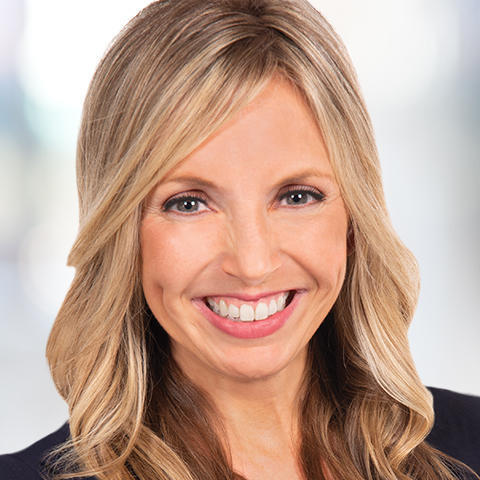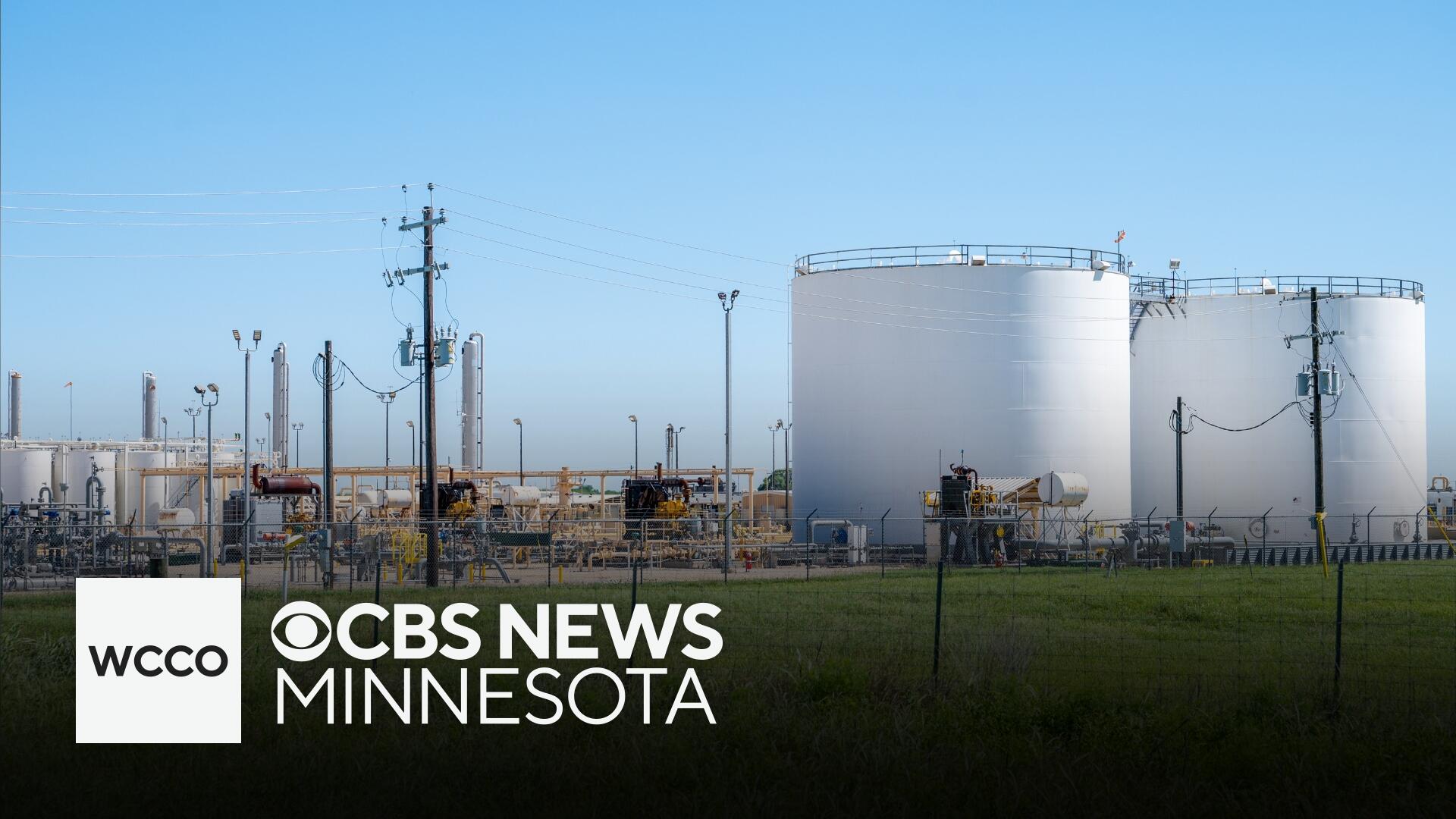Small businesses navigate uncertainty as oil prices swing
Despite an announced Middle East ceasefire on Monday, there are concerns about oil prices and whether people will be paying more.
Iran controls the northern side of the Strait of Hormuz, which is used by ships carrying roughly 20% of the world's daily supply of oil.
The price of the West Texas Intermediate crude, the U.S. benchmark, jumped 4% on Sunday night shortly after the start of trading, but fell more than 7% on Monday afternoon.
What does that mean for consumers?
Healthy for Life Meals ships ready-to-eat portion control meals every few days.
"I would describe it as a meal prep company that's been around way before it was cool to do," Jim Keegan, COO of Healthy for Life Meals, said.
The company's warehouse is in New Hope, Minnesota, and they distribute meals all over the Midwest.
We are just as much a logistics company as we are a food producer," Keegan said. "It's a lot of miles, a lot of driving, a lot of fuel charges."
When prices spike, this food company ends up eating the costs.
"We are not like a gas station where we can change our prices daily. We haven't changed our prices in three years. We are sympathetic to our consumer," Keegan said.
But he does pay attention to oil prices. So does Associate Professor Tyler Schipper, who teaches economics at the University of St. Thomas.
"Yes, you are seeing headlines about oil prices jumping up," Schipper said.
Even though images of Iran may trigger memories of the 90s, Schipper says times have changed.
"The U.S. is now the largest producer of oil. We are actually an exporter of oil, and so conflicts in the Middle East, yes, they rattle the market, but on a very different scale than a similar conflict would have 20 years ago. What you're seeing in oil markets over the last ten days or so has been mostly about pricing and risk. It's always been about escalation and risks of escalation, not necessarily what's already happened to oil supplies," Schipper said. "I would say don't worry too much at this point. It's still relatively muted because of the new landscape for oil production."
It's food for thought, and Keegan says that after 21 years, he'll keep cooking.
"We will just keep going and figure out new ways to help people," he said.
Schipper says tariffs remain a higher risk to most of us than oil prices. He says if the Middle East conflict and major oil producers like Iraq or Saudi Arabia got involved, then we would see a more dramatic increase in gas prices.





